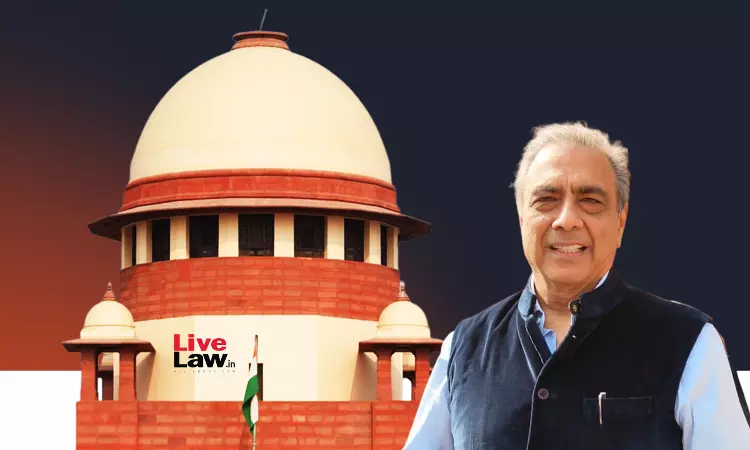Shiv Sena Case: Principle Of Majority Rule Higher Than Evil Of Defection,’ Eknath Shinde’s Faction Tells Supreme Court
Awstika Das
15 March 2023 1:30 PM IST

Next Story
15 March 2023 1:30 PM IST
Much higher than the evil of defection is the principle of majority rule in this country, senior advocate Mahesh Jethmalani said on Tuesday(March 14) while appearing for the Eknath Shinde-led Shiv Sena faction before a constitution bench. The five-judge bench, comprising Chief Justice DY Chandrachud, and Justices MR Shah, Krishna Murari, Hima Kohli, and Narasimha, was hearing a gamut...
